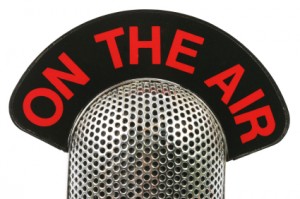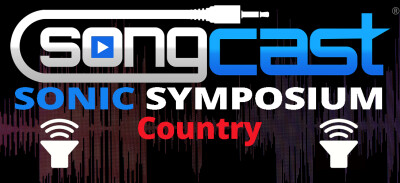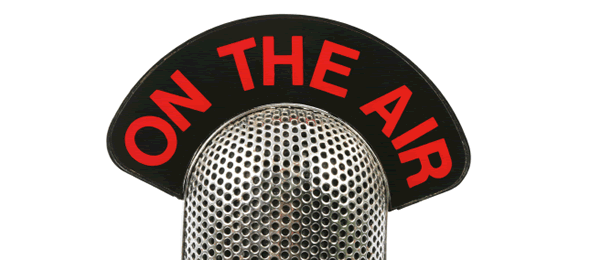 So, your first-ever CD is done and the release date is set. But unless you’ve already delivered copies of the disc to local radio stations, you may want to push back that date to give you enough time to ensure airplay goes along with the release. Radio stations are more apt to spotlight music that has an upcoming release date, so send them advance copies. No need to pay a promoter to get on your hometown’s stations — that could be a waste of money. Do a little research to figure out which stations might play your kind of music and what staff members to approach about possible airplay.
So, your first-ever CD is done and the release date is set. But unless you’ve already delivered copies of the disc to local radio stations, you may want to push back that date to give you enough time to ensure airplay goes along with the release. Radio stations are more apt to spotlight music that has an upcoming release date, so send them advance copies. No need to pay a promoter to get on your hometown’s stations — that could be a waste of money. Do a little research to figure out which stations might play your kind of music and what staff members to approach about possible airplay.
Public and college stations
Since you’re an indie act, public and college stations are your best bet for getting airplay. These stations are more likely to play a diverse range of music from local and lesser-known acts than commercial stations with corporate interests to uphold. Public stations have a lot of syndicated PBS national programming to run, but may have local programming slots they need to fill with music, generally folk, jazz and classical. Up-and-coming acts will find more success by approaching local college stations. These left-of-the-dial operations are staffed by students and usually play non-mainstream and newer music from unsigned acts. College radio is generally where new alternative and indie acts break into the market. Each station has a music programmer who selects the music that gets played in general rotation, or specialty DJs who select the tracks for genre-specific programs. Find out the contact info for the music programmer by calling the station’s general info/request line and asking for it. If your music will fit into a genre-specific program, call during that program and speak directly to the DJ, who is normally the one who answers the phone. Since these stations are operated by students, they are more amenable to cold calls about getting airplay and, in fact, are actively looking for undiscovered acts to play on their shows, no matter the genre. Once you get the correct contact info, mail your press kit and CD in with a personal note explaining which show you’re submitting for. Don’t forget to put your contact info on every page and piece of material your send in.
Commercial stations
If you’re just starting out and don’t have professional representation or a wide local following, contacting local commercial stations might not yield much luck…unless they have a locals-only or indie-specific specialty show. Commercial stations generally only deal with agents, promoters and A&R people, not directly with artists, and especially not with unknown artists. It’s the sad-but-true reality of today’s corporate commercial radio. However, many of these stations have shows spotlighting locals and the best unsigned acts. If your town’s commercial station has one of these shows, it usually airs outside of prime-time and drive-time, such as late on a Sunday night. Call the DJ during the show and ask for submission info.
When sending your CD in to any radio station, it’s important to include a note indicating which song is the most radio-friendly. If you do make it on one of these local programs, make sure your fans know about it so they can listen and call the station to tell them how much they liked it, and to request the song again. All radio stations — public and commercial — take note of this kind of listener feedback.












































This is great advice. Some locals here really do “miss the boat” when it comes to their releases. I’ll be sure to point them to this article. Thanks, Matt x
Interesting read, if you have a CD you want to promote to say your local college radio station then I would recommend DMDS. I used them for my single and they did a pretty good job of getting it radio. Here’s a link http://ow.ly/8LAsh